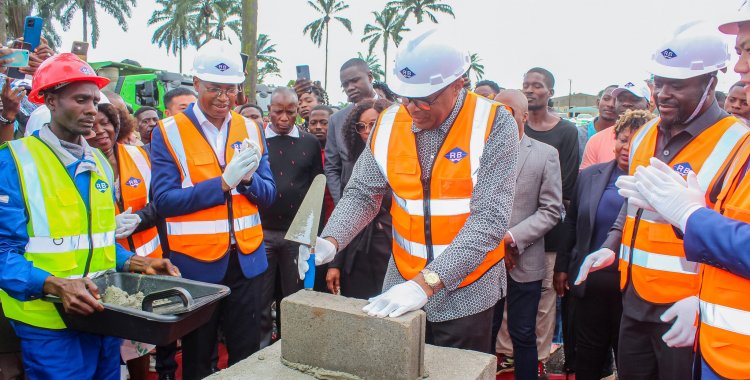It was up to the Minister of Higher Education, Science, Technology and Innovation, Albano Lopes Vicente Ferreira, to lay the first stone, which took place this Thursday in the Kilombo area, municipality of Cazengo and was witnessed by the governor of the province of Cuanza Norte, João Diogo Gaspar.
According to a statement from the Cuanza Norte government, to which VerAngola had access, the project will last 30 months.
The institute, whose works are estimated to cost more than 43 billion kwanzas, will be built in a space of 340 thousand square meters and "will have the capacity to accommodate around 5000 students divided into two shifts".
On the occasion, the Minister of Higher Education considered that this project will contribute to the "development of higher education in the region, having guaranteed that the Executive is increasingly investing in quality and innovative teaching and in the construction of a society prepared for global challenges", says the note.
With this act, he said, the government's commitment to "promoting the development of higher education" in the country is reaffirmed. "We reaffirm, with this act, the Executive's commitment to promoting the development of higher education in Angola, contributing to the training of citizens capable of transforming challenges into opportunities and building a more prosperous nation," said the minister, quoted in the statement.
The provincial governor said that the construction of the future institute "constitutes a new era in the higher education sector" at the provincial level, having assured that the new infrastructure will make it possible to increase the training offer in this region of the country.
"For us, this act is another great achievement because it represents another decisive step towards the realization of a project that will have a great impact on the political, economic, social and cultural life of our beautiful province", said João Diogo Gaspar.
Student Emiliana Zua also applauded the initiative. "Emiliana Zua, as a student, thanked the initiative of the Ministry of Higher Education, Science, Technology and Innovation and the State government, reflecting on the unwavering commitment to promoting quality education, as well as the development of capital human", reads a note from the Instituto Superior Politécnico de Ndalatando - ISPNd, to which VerAngola had access.
The student also spoke about the "great gain in access to modern laboratories and rooms, with the use of tools that will allow them to deepen their knowledge and develop practical skills in different areas of training".
The project is being carried out by the Chinese company CRBC (China Road And Brigdge Corporation).
Once completed, the institute will have 40 classrooms, as well as "administration and comprehensive teaching buildings, library, auditorium, health sciences laboratory, canteen, student and teacher dormitories", among others.
According to the ISPNd note, the delegation visited the current infrastructure of the Instituto Superior Politécnico de Ndalatando, having verified the "current working conditions, from the support offices, laboratories and classrooms".







